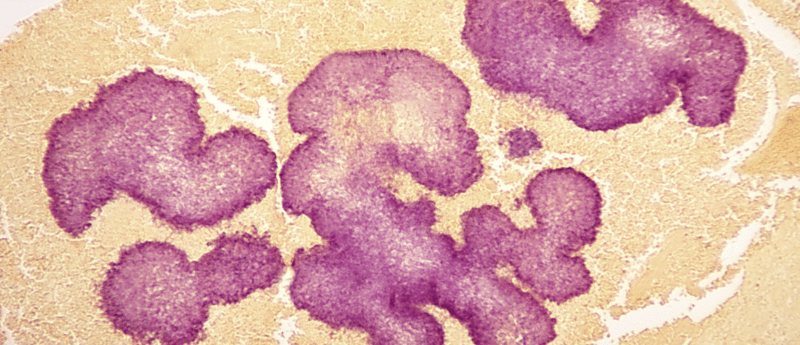Increased risk of fungal infection associated with new anti-inflammatory drug

A study published in The Lancet Regional Health – Europe has found that the IL-17 inhibitor, an anti-inflammatory drug used to suppress the development of an autoimmune disease, is ten to 30 times more likely to cause a fungus infection, Candida, in the esophagus, pharynx or oral cavity in individuals. IL-17 inhibitors first came onto the market in 2015 and have been prescribed considerably since. Infectious disease specialist Bart-Jan Kullberg (Radboud University Medical Center, The Netherlands) has followed the development of this new drug since its introduction, and queried why “are patients on these medications more prone to fungal infections?"...






